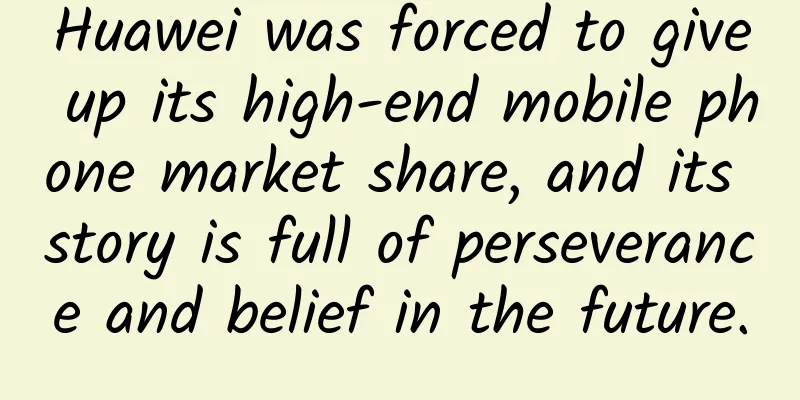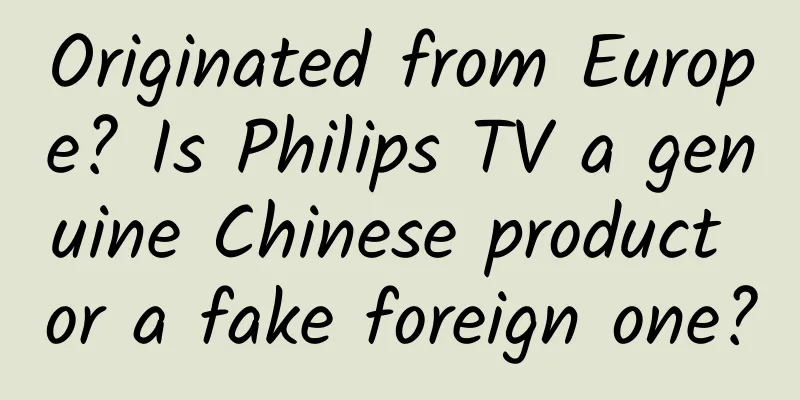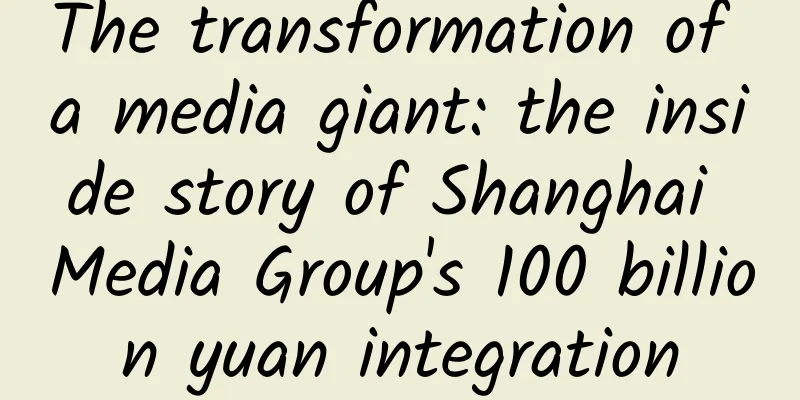Huawei was forced to give up its high-end mobile phone market share, and its story is full of perseverance and belief in the future.

|
"We survived." At the launch of Huawei's foldable screen mobile phone Mate X2 this year, Consumer Business CEO Yu Chengdong used this sentence to describe Huawei's development in 2020. For Yu Chengdong, who personally grew Huawei's consumer business from a few billion US dollars to 50 billion US dollars and said in an interview in 2018 that it was a historical inevitability for Huawei mobile phones to become the world's number one, it is obvious that he feels more uncomfortable than anyone else when he says this. In 2019, Huawei's consumer business faced US sanctions for the first time. New mobile phones sold in overseas markets were no longer equipped with Google's GMS suite, so overseas sales fell sharply in the fourth quarter. However, according to IDC data, Huawei's global mobile phone shipments in 2019 still reached 241 million units, accounting for 17.6% of the market share, a 16.8% increase compared to 2018 when shipments were 206 million units, making it the second largest in the global mobile phone market. However, after being restricted by the United States from cooperating with American companies, prohibiting TSMC from manufacturing chips for it, and prohibiting American companies from providing components for Huawei's 5G mobile phones, Huawei's mobile phone business, which was originally ambitious to become the number one in the global mobile phone market, has become precarious in the storm. In Canalys' global mobile phone market report for the first quarter of 2021, Huawei is no longer seen in the global mobile phone market share statistics chart, leaving only Samsung, Apple, Xiaomi, OPPO and vivo. Behind Yu Chengdong’s WeChat Moments Post On the last day of April, a WeChat Moments post by Yu Chengdong set off a storm in the technology circle. He bluntly stated: The United States has forced Huawei's consumer business to the point where it can no longer ship products, and the domestic high-end market share of mobile phones and platforms has been lost to Apple, the mid- and low-end has been lost to OPPO, vivo and Xiaomi, and the overseas market has been lost to Apple, Samsung and domestic peers. These words are very harsh to Huawei's competitors, but when you look back at everything that has happened to Huawei in the past two years, you will understand that what Yu Chengdong said is true. Although Apple's iPhone is synonymous with high-end mobile phones in the eyes of many people, in fact, in recent years, Huawei and Apple have been in a state of competition in China. Data shows that from October to December last year, Apple's market share in the 5,000 to 8,000 yuan price range was 50.43%, while Huawei's was 41.99%, which is not a big difference. However, the US sanctions have prevented Huawei from continuing to allow TSMC to manufacture high-end Kirin chips for it. There are only eight million Kirin chips in stock. If Huawei does not use them sparingly, it will soon be in a situation where it has no "chips" available. Therefore, Huawei controls the production capacity of mobile phones and clearly puts forward a "purchase limit agreement" on the e-commerce platform - a shopping account can only purchase a single model of mobile phone, otherwise Huawei has the right to cancel the order. During the popular sales period, when other mobile phone manufacturers were promoting promotions aggressively, Huawei mobile phones, including the latest Mate 40 series, were out of stock across the board. This phenomenon was immediately reflected in market data. From January to March, Apple phones priced between 5,000 and 8,000 yuan accounted for 59.0% of the market share, an increase of 8.57% from October to December, while Huawei's share fell from 41.99% to 36.7%, a sharp drop of 5.29%. As a result, Apple's performance in Greater China has also achieved rapid growth, with sales of US$8.273 billion, an increase of 87.5% year-on-year compared to -7.5% in the same period last year. Therefore, it is not empty talk to say that Huawei's high-end market has been taken away by Apple. On November 17 last year, the news that Huawei announced the sale of Honor also shocked the mobile phone industry. Because the scarce number of Kirin chips can no longer meet the needs of Huawei's main brand, the sub-brand Honor, which has always been fighting in the mid-to-low-end price range, is almost in a state of suspension of production. However, the mobile phone industry is a full-link supply chain industry. Even downstream mobile phone terminal manufacturers have a significant impact on partners in the chain. Moreover, Honor, with annual sales of 43.8 million units in 2020, is not a small manufacturer. For the development of the Honor brand and for the vital interests of its partners along the way, Huawei ultimately chose to sell the Honor brand, thereby achieving self-rescue for the Honor brand. Although the profits of the Honor brand have not been high, its large market share has added a lot to Huawei Group's mobile phone market share and also provided Huawei mobile phones with rich conversion resources and seed customers. But in the end, facing various difficulties, Huawei still chose to give Honor a way to survive vigorously and strongly. Huawei is unyielding and believes in the future In the past two years, although Huawei has suffered unfair sanctions from the United States time and time again, this has not forced them to stop their research and development for a moment. When asked, "Does the U.S. crackdown on Huawei have any impact on your work?" an employee at Huawei's Shanghai Research Institute calmly said no, he is still working normally as usual and learns about things outside the company through the news just like outsiders. Therefore, while facing sanctions, Huawei's flagship mobile phone products continue to innovate. Although the latest Mate 40 series flagship mobile phones are in severe shortage due to chip problems, they have received high marks in market reputation and media feedback. The editor of foreign technology media Engadget said that the Mate 40 Pro is a flagship phone that is fully worthy of the flagship title, and its camera capabilities are incredibly good. Not only that, Huawei, which analysts believe will find it difficult to return to the mainstream high-end mobile phone market, has not stopped its investment in the mobile phone field. Now, there are reports that Huawei's next-generation flagship mobile phone P50 has entered the mass production stage. Although we all know that its production capacity will not be very high due to the number of Kirin chips, this also shows that Huawei has not given up on the high-end mobile phone market. They are preparing to return to the market. Once the ban is lifted, they can return to the market immediately. Huawei has also pushed its highly anticipated self-developed operating system "Hongmeng OS" to its flagship mobile phones that have already been launched. Compared with the original EMUI based on the Android operating system, Hongmeng OS has achieved comprehensive control of the mobile phone's software and hardware from the bottom up. It not only has a more efficient file system to improve the long-term operation smoothness of the mobile phone, but also paves the way for Huawei to promote its own Internet of Things ecosystem. Some time ago, mobile phone manufacturers making cars became one of the biggest hot topics on the Internet. However, when Huawei was asked whether it wanted to make cars, it was different from the ambiguous attitude of other manufacturers and directly gave a negative answer. At the same time, Huawei stated that they will enter the smart car market, but they want to empower traditional car manufacturers, provide ICT capabilities to help them build better cars, and intervene in it in the HUAWEI Inside model. In response to why Huawei is qualified to help traditional automakers build good cars, Huawei quietly launched the "Huawei ADS Autonomous Driving Full-Stack Solution", becoming the world's first high-level autonomous driving full-stack system to pass the ASIL-D functional safety assessment, completely silencing all questioning voices. It turns out that Huawei started conducting automobile-related research in 2012 and established an Internet of Vehicles laboratory within the company. After years of R&D investment, it has finally achieved very remarkable achievements in both the fields of smart cars and autonomous driving. Huawei's rotating CEO Xu Zhijun said that in the future, the intelligent automobile BU will be an industry that Huawei will focus on investing in, and will ultimately realize the intelligence, automation and electrification of the automotive industry. According to IDC's forecast report at the end of last year, the compound annual growth rate of global smart car shipments will reach 16.8% in the next five years, and the shipment volume will reach 76.2 million units by 2024, which means that smart cars have become a new direction for the development of the global automotive industry. Although Huawei insists on not getting involved in the field of automobile manufacturing itself, they have not deviated from the direction of development of the technology industry. Even in the face of such difficult sanctions, they still did not stop. As always, they invested heavily in the fields they were involved in and insisted on "building a business based on technology." This is undoubtedly because they believe in the future! When spider webs mercilessly sealed my hearth, When the smoke of ashes sighs the sorrow of poverty, I still stubbornly smooth out the ashes of disappointment, Write with beautiful snowflakes: Believe in the future. ——Excerpt from Shi Zhi's "Believe in the Future" As a winner of Toutiao's Qingyun Plan and Baijiahao's Bai+ Plan, the 2019 Baidu Digital Author of the Year, the Baijiahao's Most Popular Author in the Technology Field, the 2019 Sogou Technology and Culture Author, and the 2021 Baijiahao Quarterly Influential Creator, he has won many awards, including the 2013 Sohu Best Industry Media Person, the 2015 China New Media Entrepreneurship Competition Beijing Third Place, the 2015 Guangmang Experience Award, the 2015 China New Media Entrepreneurship Competition Finals Third Place, and the 2018 Baidu Dynamic Annual Powerful Celebrity. |
>>: Korean flagship showdown: LG G3 vs. Samsung S5
Recommend
Why is biodiversity important? Finally someone explains it
Produced by: Science Popularization China Produce...
How to develop a suitable user growth strategy?
Before doing user growth , it is very important t...
Jack Ma, whom Wang Jianlin couldn't handle, came to Alibaba Pictures to integrate the global entertainment industry with Spielberg
In international economic activities, China has l...
SEM delivery: From entry to mastery in just 5 steps!
SEM delivery is quite simple in the early stages....
Even light can be frozen! What is the concept of "absolute zero" of -273.15 degrees?
What is temperature? You might think, isn't t...
Decoding: How does Pinduoduo play with the addiction model?
Pinduoduo has a variety of promotion methods, whi...
Do the mushrooms bought at the vegetable market really contain formaldehyde?
Recently, there has been a trend on the Internet ...
Apple's ten years of courting China
Apple is trying to please China. In the new iPhon...
A complete analysis of the tactics used by the official accounts of the Palace Museum Taobao, Museum Magazine, Haier, etc. to increase followers!
How to increase followers on official corporate a...
Latest research: Women live longer! Why is the gap in life expectancy between men and women getting bigger? Doctors say →
On March 30, a research report published in The L...
WeChat "Mini Programs" are going to kill apps? Entrepreneurs may not think so
"What is a mini program? A mini program is a...
The report says that Android will account for 82.6% of the market share in 2019
The competition between iOS and Android has enter...
If you are addicted to oranges and eat one after another, be careful of hyperkalemia. This group of people should be especially vigilant!
In winter, what is the protagonist among fruits? ...
To ignite Spring Festival traffic, Tencent Advertising’s super guide for Spring Festival placement is a must-read!
The peak traffic volume of the year - the countdo...
Will the Chinese version of "Starlink" lead a new era of commercial space travel?
In early August, the Qianfan polar orbit 01 satel...









